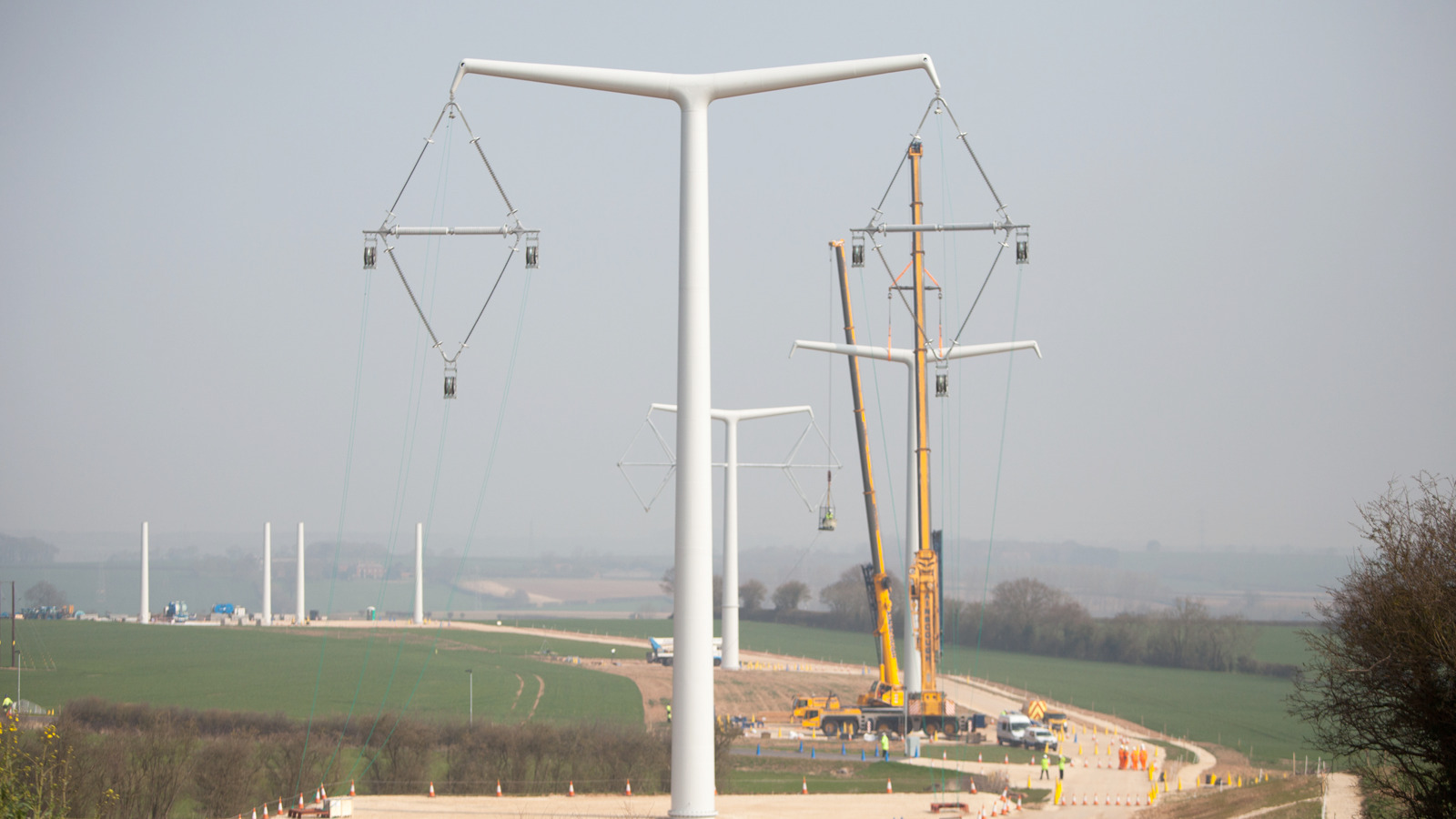With electric vehicles increasingly seen on UK roads, Rexel outlines how it supplied an EV charging solution for staff and visitors of Beyond Housing in an effort to meet the growing demand.
Calls for a carbon free UK have never been louder. Already this year, the UK has seen protestors bringing London to a standstill, demanding a carbon free UK by 2025. Last year, the government rolled out its Road to Zero initiative, promising that at least half of new cars will be ultra-low emission by 2030.
There are many potential barriers to bringing forth a carbon free UK. Of particular focus for the electrical industry is the move by the government towards much higher electric car usage. Of course, hand in hand with this desire is the need for a charging infrastructure that can actually support the electric car population.
Not only is there a basic question about grid capacity, currently the UK also lacks the infrastructure required to make electric cars a viable alternative to diesel or petrol.
Rexel has seen an increase in the number of electric vehicle charging (EVC) projects, including a recent installation for Beyond Housing, one of the largest registered providers of social housing in the north east and Yorkshire.
With its Teesside base in Redcar accommodating more than 350 staff, Beyond Housing was keen to implement electric charging facilities in its car park for use by colleagues, customers and visitors. This is a great sign as projects such as this one show organisations not only supporting their own staff, but also the wider community – contributing to the EVC infrastructure.
The project
Working with specialist EVC installers McNally Electrical, an EVCO423 Quantum Charge system from Rexel was specified to provide the solution.
In 2018, Beyond Housing took the decision to replace its fleet of 160 vehicles as part of an initiative to reduce lease and running costs. The organisation took the opportunity to help the environment at the same time, incorporating a small number of electric cars and vans within the new fleet.
While researching the provision for electric vehicle charging in the local area, it became apparent that the local infrastructure was poor. The decision was made to purchase and install an EVC system at Beyond Housing’s Redcar office, not only to support its new fleet vehicles, but to also contribute to increased provision in the Redcar and Cleveland area.
Beyond Housing is now considering the installation of a similar solution at its Scarborough office to allow colleagues to utilise electric vehicles for longer journeys across the wider operating area.
Chris Walker, head of business intelligence at Beyond Housing, says, “When designing our new fleet, we wanted to embrace the latest technology and encourage greater take up of electric vehicles to improve air quality in our operating area. Colleagues have welcomed this initiative and have started to utilise our electric vehicles for service delivery. Furthermore, the availability of charging points allows colleagues who already have their own electric vehicles to top up their batteries whilst at work.
“Our ICT team worked closely with Rexel and McNally Electrical on the equipment specification and installation project, which involved civil works and a temporary power shutdown. This process was well managed and ran very smoothly. We are really pleased with the outcome.”
Next steps
Shaun Morgan, category manager at Rexel, has been leading the development of Rexel’s EVC offering to businesses and private customers.
“We know the electric vehicle charging market is changing, and it’s changing fast. The dynamics, technology and adoption of EVC is accelerating at an incredible speed,” he says. “Rexel was an early adopter of EV charging solutions and we have invested heavily in stock across multiple locations across the UK to support a national coverage of electric vehicle charging solutions.”
Rexel partnered with Rolec to offer a full catalogue of products to support the domestic, workplace and commercial sectors. Both customers and OLEV (Office for Low Emission Vehicles) accredited installers will enjoy the convenience of a national coverage of product, that is ready to access and install. This year Rexel is looking to invest further into the EVC field to expand the number of locations where they supply electric vehicle charging products, to provide an even greater national coverage and keep up with market demand.
“EVC technologies are becoming more prevalent than ever, with more manufacturers releasing battery electric vehicles (BEV) and plug-in hybrid electric vehicles (PHEV) than ever before. In 2018, the market grew at a rate of +21% with early results in 2019 showing a further increase of 28% for the first two months of 2019. There is a sharp growth pattern seeing more vehicle manufacturers looking to offer a wider variety of electric models across a range of price points,” Morgan continues.
“With more choice in the market, we are now seeing buyers considering the benefits and savings these vehicles can bring to their homes and businesses. With initiatives such as the ultra-low emissions zone (ULEZ) coming into effect in London, more businesses are starting to consider the financial benefits of operating electric vehicles,” he concludes.
It is expected that 1,000,000 BEV and PHEVs will be part of UK traffic, with recent studies suggesting the UK will need to increase its EVC network six-fold by 2020. The same year the government are looking to make it mandatory for all new houses, flats and office buildings to come with external charging points to ensure that any new buildings are ‘electric vehicle ready’.





